20 Years of Student Feedback Drives Digital Learning
edWeb.net
NOVEMBER 17, 2023
Watch the Recording Listen to the Podcast Can you guess what students said was their most-used mobile device in 2003? In 2014, only one in four students had direct access to technology in class. Today, 95% of high school students access schoolwork on their smartphones whenever and wherever they need it. Hint: It burned.








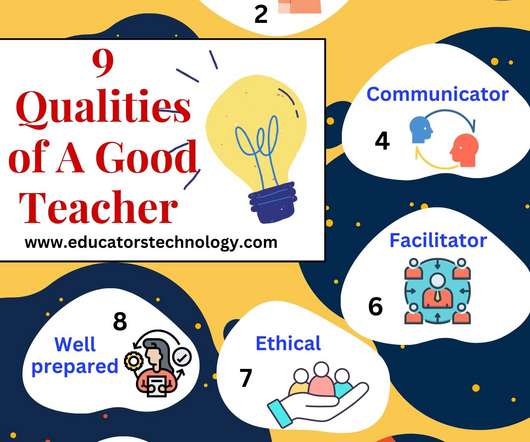
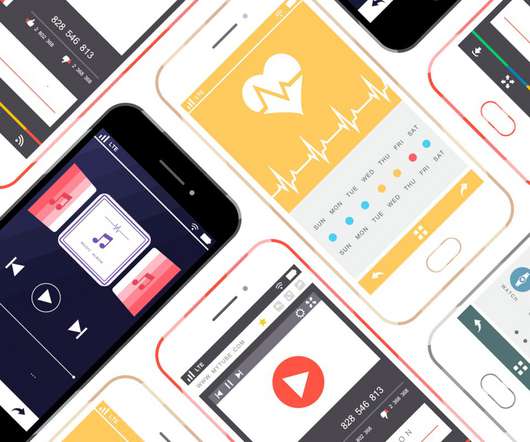

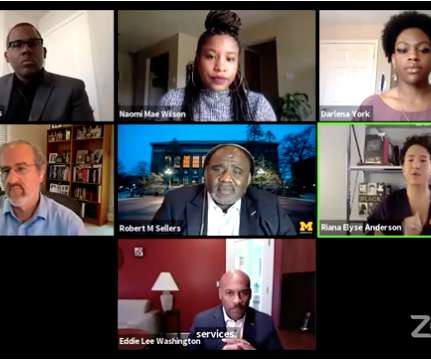




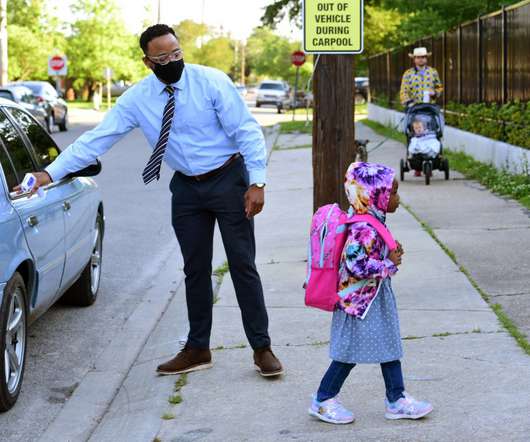


















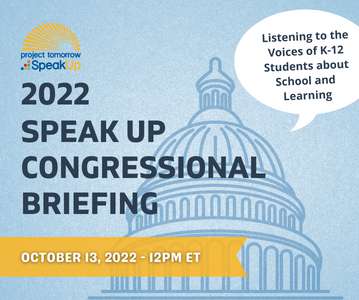










Let's personalize your content